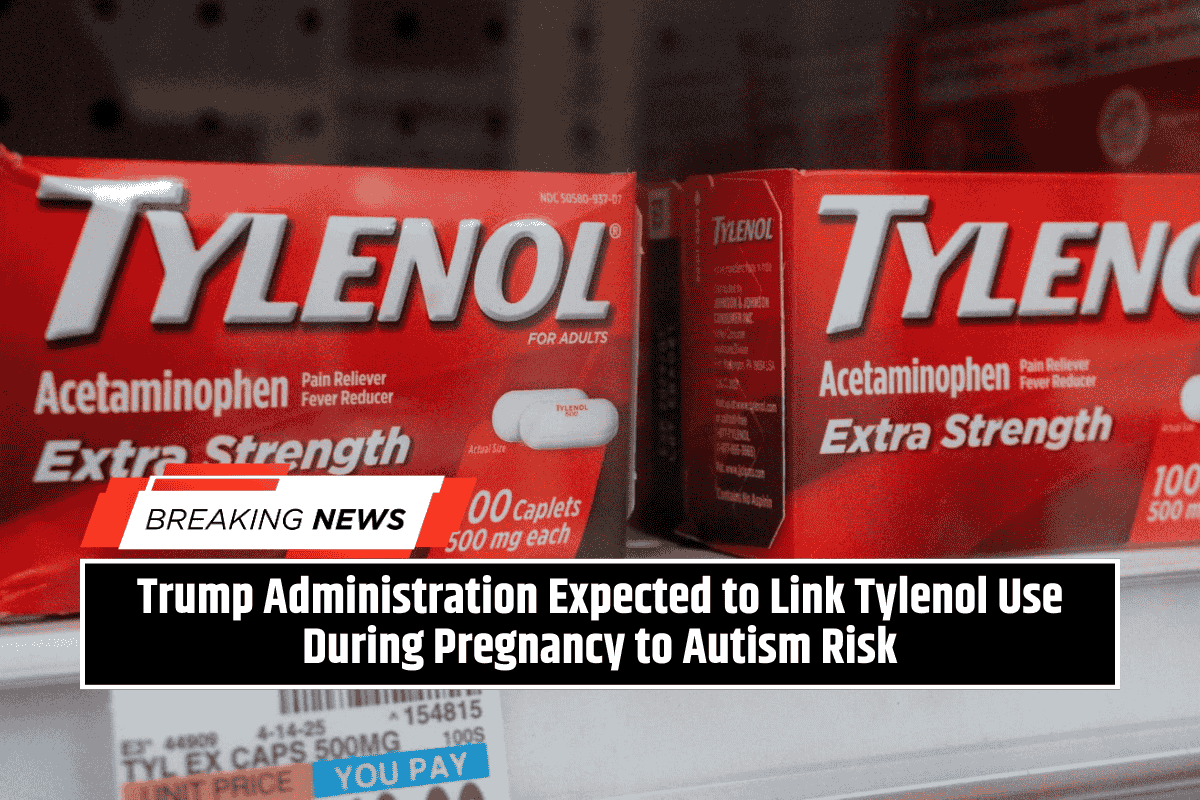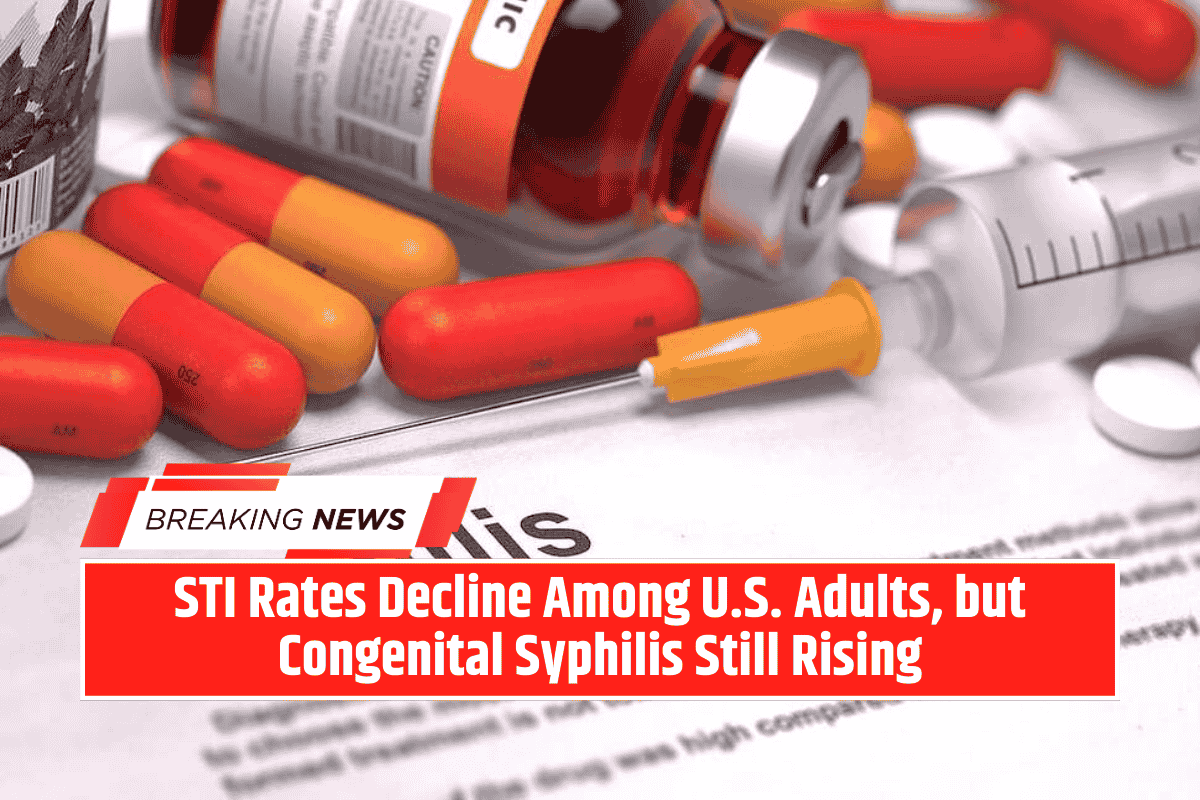The Trump administration is set to make an announcement on Monday suggesting a potential link between the use of Tylenol (acetaminophen) during pregnancy and an increased risk of autism, contrary to established medical guidelines.
The announcement, which is expected to spark controversy, also includes plans to explore the drug leucovorin as a potential treatment for autism.
Tylenol Use During Pregnancy and Autism Risk
Tylenol, an over-the-counter pain medication known as paracetamol outside the United States, has long been considered safe for use during pregnancy. Medical guidelines, including those from leading health organizations, have stated that acetaminophen is generally safe for pregnant women when used as directed.
However, the Trump administration is reportedly poised to challenge this consensus, citing new claims that Tylenol use during pregnancy may be linked to autism spectrum disorder (ASD), a neurodevelopmental condition characterized by social, communication, and behavioral challenges.
Trump Teases the Announcement
President Donald Trump teased the upcoming announcement during a memorial event for conservative activist Charlie Kirk on Sunday, saying, “I think we found an answer to autism.”
On the previous day, Trump also stated that the planned announcement would be “one of the most important things that we will do,” further raising anticipation about the administration’s stance on the issue.
The Role of Leucovorin in Autism Treatment
In addition to the Tylenol link, the administration is expected to explore leucovorin, a drug commonly used to treat certain types of cancer, as a potential treatment for autism.
According to the Washington Post, some medical trials involving leucovorin have shown improvements in children’s ability to speak and understand others, though these trials are still in their early stages.
These claims are considered preliminary, and further research is necessary to determine their validity.
Robert F. Kennedy Jr.’s Advocacy on Autism and Environmental Toxins
The announcement is linked to the efforts of Robert F. Kennedy Jr., the Secretary of Health and Human Services under Trump, who has been vocal in his stance on the causes of autism.
Kennedy has claimed that the U.S. is experiencing an “autism epidemic” driven by “environmental toxins,” and he has repeatedly called for investigations into the potential dangers of substances like Tylenol.
Limited Understanding of Autism’s Causes
Decades of research into autism have yet to provide firm conclusions about its causes. While the exact origins of the condition remain unclear, many scientists believe that genetics may play a central role, possibly in combination with environmental influences.
The Trump administration’s anticipated move to link Tylenol use to autism risks adds a new layer of controversy to an ongoing scientific debate, but it remains to be seen whether these claims will be supported by robust evidence.
The Trump administration’s upcoming announcement is expected to challenge existing medical guidelines and raise questions about the safety of Tylenol during pregnancy.
While research on autism continues to evolve, the proposed link between Tylenol and autism risks, as well as the exploration of leucovorin as a treatment, will likely spark heated discussions in both the scientific and public spheres.









